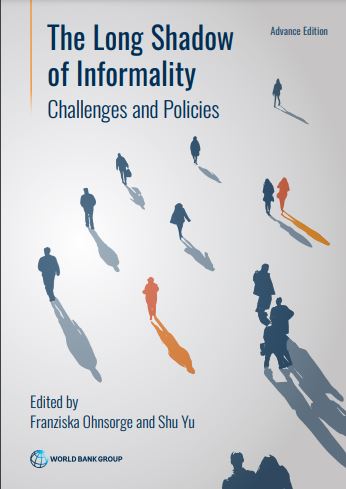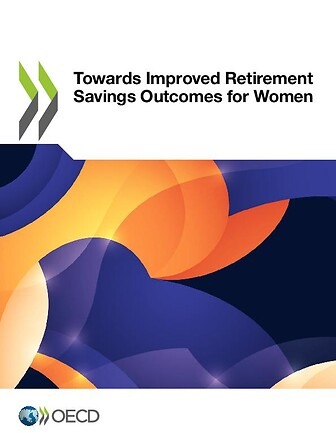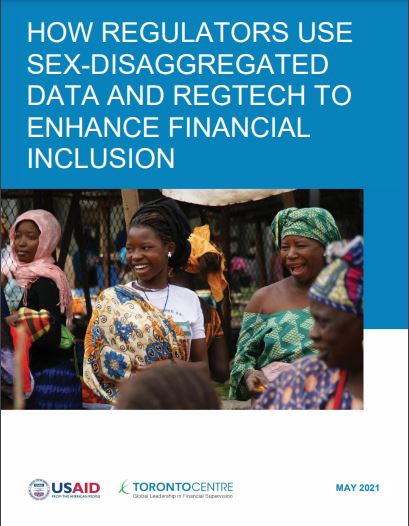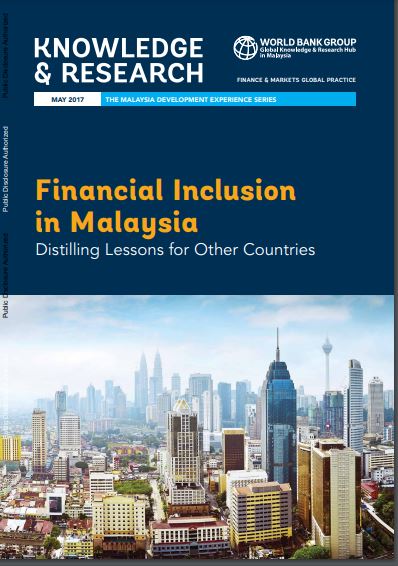Financial System: Challenges and Opportunities of Digital Transformation in Mexico
By Vanessa Veintimilla Brando & Daniel Miranda Lopez This work aims to understand the implications that financial technology represents for the Mexican financial system. Considering that the adoption of new technologies in the financial system (Fintech) is increasing, a novel and complex context has arisen with diverse implications in various aspects such as education, infrastructure, and the regulatory and supervisory framework needed to ensure a healthy development of the financial system. Although it has been shown that digitization brings...










